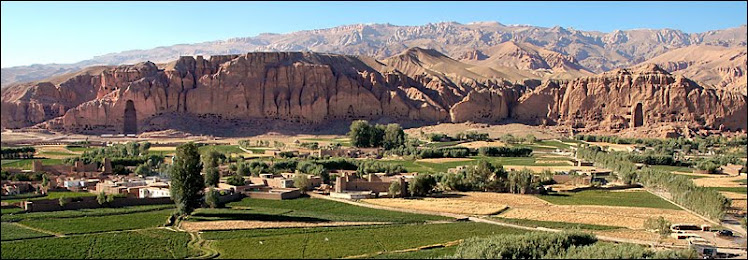Child marriages blight Bangladesh
Bangladesh has one of the highest
rates of child marriage in the world, with 20% of girls becoming wives before
their 15th birthday, even though 18 is the minimum age allowed by law. Why?
"It is the new kind of slavery," says Mirna Ming Ming Evora, who's the
country director for the NGO Plan International."Here girls are a burden, they don't earn income in this culture."
Which means they are totally dependent on their families to support and protect them and pay their dowries. That's the money a father must pay to a future husband to secure a marriage.
"Dowry for a very poor family is work of a lifetime, they'd rather start early because the dowry is not too high. The girl is more saleable."
She's met many of these child brides.
"They say to me I lost my childhood."
These are the stories of three children living with the consequences of child marriage.
'Please pray for me'
In a quiet voice Poppy says: "It's a very hateful illness, I can't stand the smell".
She sits on a bed in in a hospital in Dhaka. There are
cockroaches on the walls and next door, women who have just had operations sleep
two to a bed.
"I cry sometimes what else can I do" she says.
She's suffering from fistula, serious internal injuries which have left her incontinent. It's caused by giving birth too young and not getting proper medical attention.
Nurses don't know exactly how old Poppy is. They think she's 12 but she won't say.
She was forced to marry a man who was more than 10 years older than her. She got pregnant, but lost her child.
"It died in my tummy and they had to cut it out".
She walked into the clinic alone, her husband abandoned
her because of the illness.
There are tens of thousands of girls and women like Poppy.
I ask her if she'll ever marry again, and she shakes her head.
"I say to other girls my age: 'You should not get married. if you do, this is the condition you will be in.'"
As we leave, Poppy says: "Please pray for me, pray that I get better."
'We're saving lives'
"I do this work because I wanted to put a smile back on the face of the parents," says Oli Ahmed. He grins as he says it.Oli is a campaigner who goes around the slum where he lives in Dhaka standing up to his elders and telling them why they shouldn't marry off their daughters so young.
He's the same age as Poppy, just 12.
"I used to know a girl who was like an older sister to me, but she was forced to get married and never came back."
It made him very angry and sad.
"Even though parents marry their children off early, they still feel a sense of guilt and they don't know what happens to their children."
Oli approached Plan International which was already working in his slum in Dhaka.
He told them he wanted to set up a group led by children to try and stop the practice. He goes door to door with a group of friends persuading, scolding and hectoring parents.
At one house, he demands to know why there's no birth certificate for a man's daughter.
There and then, they register her birth and warn the father that they'll be watching him.
"I think we do a better job than the adults… the adults think we're so young and yet we know so much… we're more enthusiastic than the older people."
One NGO worker says that since they started work, the number of child marriages in that area has dropped by as much as 50%.
"I feel very good that a girl's life has been saved because of the work that I've done," says Oli.
'I'm getting her married because I love her'
Jemi, 13, likes playing hopscotch or kut kut as it's known here.
When we meet her she's due to get married in six days. Her mother has chosen the day and picked the groom.
She lives in a village which is six hours drive from the capital Dhaka. We track her down with the help of an activist.
When we ask if she's looking forward to her wedding she looks down at the floor and says: "Not very much, no."
She's small and very shy. She has stickers of butterflies on the back of her hands.
Her mother tells us she has to get her married now because she won't have to pay a dowry. If she waits, it will cost her money they don't have.
"I have no fear, I am giving her away to my sister's son. Girls never say they want to get married."
She is reminded that it's against the law. When officials from the local government and an NGO arrive to stop the wedding she argues with them.
She tells them the family can't afford to send her to school any more. If she remains unmarried, people will say bad things about her.
"I'm getting her married because I love her."
But the officials threaten to prosecute her if she goes ahead, and she starts to cry. Then, in front of her neighbours, she announces that the wedding is cancelled, adding: "I didn't realise it was wrong."
As for Jemi, she smiles and confides "I think it is really good what has happened".

No comments:
Post a Comment